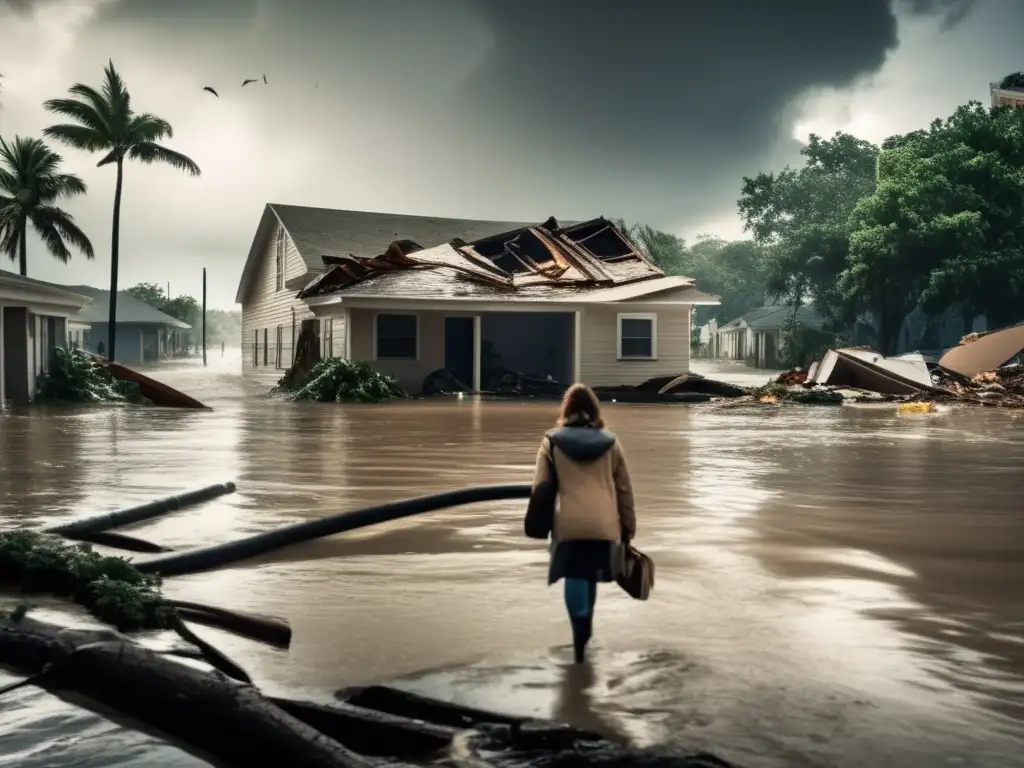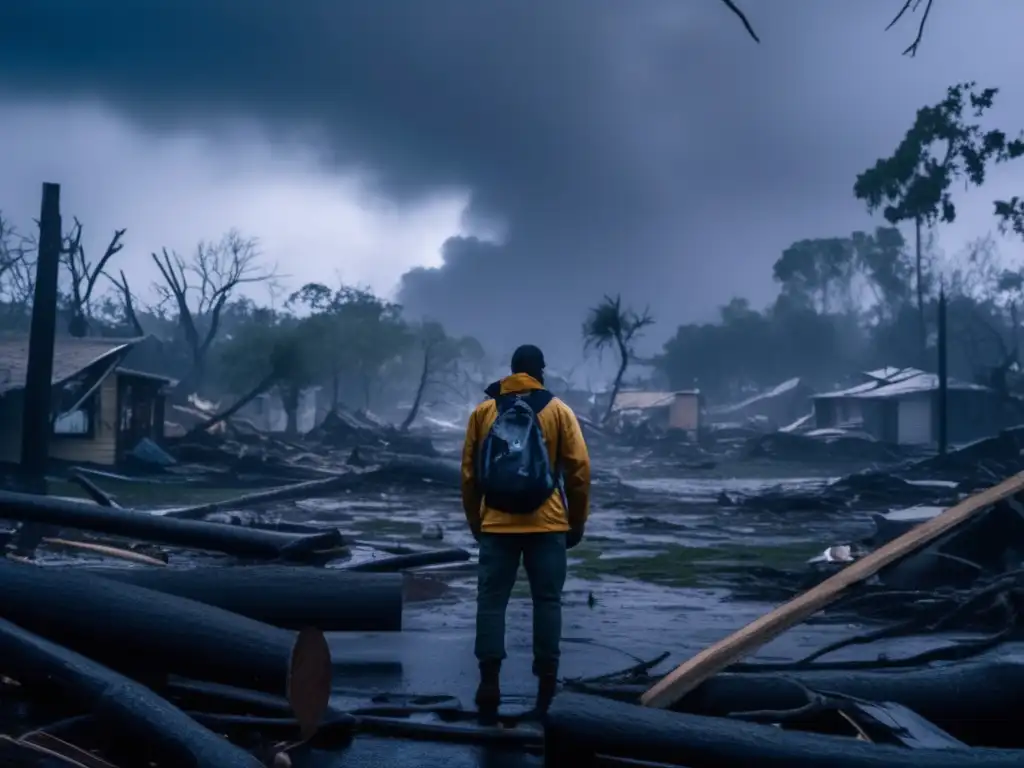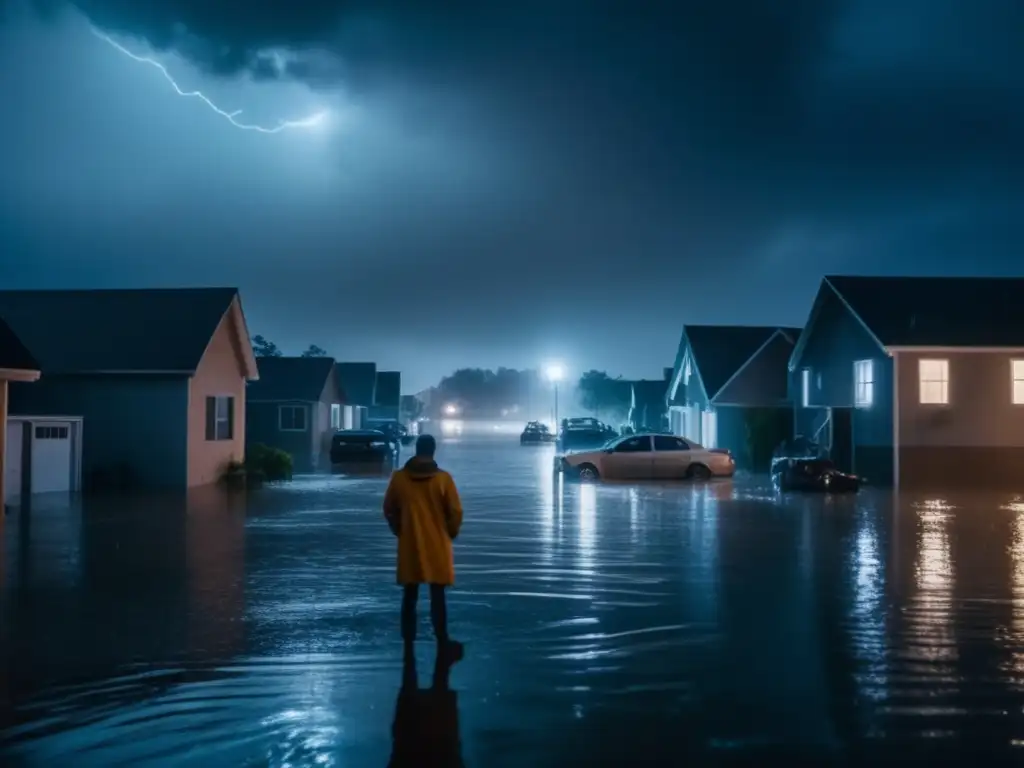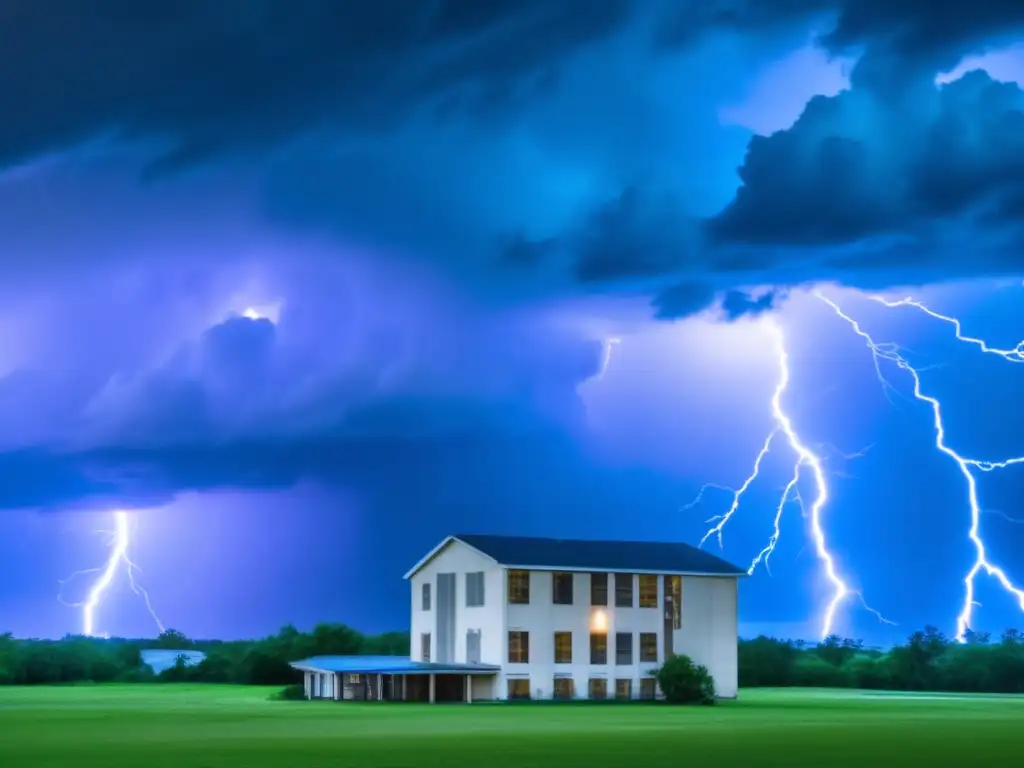The Psychological Toll: Understanding Trauma Post-Hurricane

The Psychological Toll: Understanding Trauma Post-Hurricane
Introduction
Hurricanes are one of the most destructive natural disasters on Earth and can result in severe loss of life, property damage, and traumatic experiences. While most people focus on physical injuries and damage after a hurricane, it's crucial to pay attention to the psychological impact as well. Hurricanes can have profound effects on mental health, both short-term and long-term. In this article, we'll explore the psychological toll of hurricanes, understand trauma post-hurricane, and provide guidance on how to address it.
The Emotional Aftermath of a Hurricane

Shock and Disbelief
Residents affected by hurricanes often experience shock and disbelief, especially if they were not adequately prepared or informed about the storm's intensity. The devastation and damage can feel overwhelming, and it may take some time for the reality of the event to set in. Individuals caught off guard by a hurricane may need reassurance from friends, family, and mental health professionals. It is also essential to ensure that basic needs such as food, shelter, and medical care are met.
Grief and Loss
People who have lost loved ones, homes, pets, or cherished belongings during a hurricane often feel a sense of grief and loss. They may struggle with feelings of guilt, anger, and sadness, and have difficulty coping with the magnitude of their loss. Mental health professionals can provide support and guidance through the grieving process and offer ways to cope with the emotions it brings up.
Anxiety and Depression
As hurricane survivors begin to realize the damage caused by the storm, they might develop symptoms of anxiety and depression. They may feel worried about their safety, future, and the state of their community. Recurring nightmares and flashbacks are common after a traumatic experience, and people often struggle with a sense of dread and hopelessness. Symptoms such as these can be very intense and may require professional guidance.
How to Address Trauma Post-Hurricane

Be Informed
One of the most effective ways to address the psychological toll of hurricanes is to stay informed about the storm. Preparing for a hurricane can reduce fear and anxiety and help individuals feel more in control of the situation. Know the storm's category and stay up to date with media updates so that you can make informed decisions about your safety.
Get Help
Reaching out for help is crucial when dealing with trauma. Mental health professionals, support groups, and community resources are available to those who need them. Even if you don't have access to professional help, talking with friends and family can provide comfort and support.
Practice Self-Care
Self-care is essential for managing post-hurricane trauma. Regular exercise, meditation, healthy eating, and sleep can help ease anxiety and improve mood. Engaging in creative activities or hobbies can also be therapeutic and help you process the experience.
FAQs

-
What are some common emotional reactions to hurricanes?
Common emotional reactions to hurricanes include shock, disbelief, grief, and loss, anxiety, and depression.
-
How long do the emotional effects of a hurricane last?
The emotional effects of a hurricane can last for weeks, months, or even years, depending on each individual's experience.
-
What kind of help is available for those dealing with post-hurricane trauma?
Mental health professionals, support groups, and community resources are available to those who need them.
-
Is it normal to experience flashbacks and nightmares after a hurricane?
Yes, recurring nightmares and flashbacks are common after a traumatic experience such as a hurricane.
-
What can I do to prepare for a hurricane and reduce anxiety?
Staying informed about the storm's category and preparing for it can reduce anxiety and help individuals feel more in control of the situation.
Conclusion
The psychological toll of hurricanes can be significant and long-lasting. It's essential to understand the emotional aftermath of a hurricane and know how to address it. Being informed, getting help, and practicing self-care are crucial steps to cope with post-hurricane trauma. Hurricane survivors need to prioritize their mental health and seek support when needed. Remember, you're not alone, and there is help available.
For those living in hurricane-prone areas, understanding the psychological toll of a hurricane is just as important as knowing the physical risks. For the general public, being aware of the psychological effects of hurricanes can promote empathy and support for those who have been affected by these devastating storms.
We hope this article has provided valuable insights into the psychological impact of hurricanes, understanding trauma post-hurricane, and ways to address it. Please share your thoughts and experiences with us in the comments section below. As always, thank you for reading HurricaneInsider.org, and stay safe!
Additional Resources

- National Institute of Mental Health - Post-Traumatic Stress Disorder
- American Psychological Association - Coping with Hurricane Season
- FEMA - Hurricane Preparedness
 Cleaning Up Safely After A Hurricane
Cleaning Up Safely After A Hurricane Insurance Claims: Navigating The Process After A Hurricane
Insurance Claims: Navigating The Process After A Hurricane Reuniting With Family And Pets After A Hurricane
Reuniting With Family And Pets After A HurricaneIf you want to discover more articles similar to The Psychological Toll: Understanding Trauma Post-Hurricane, you can visit the Hurricane recovery: category.
Leave a Reply

Articulos relacionados: